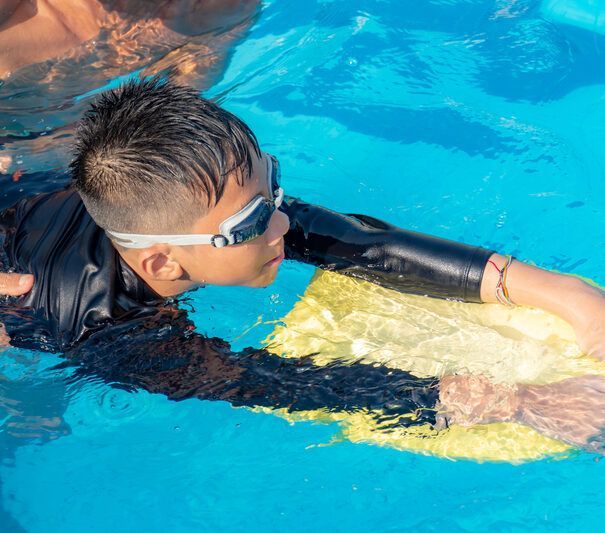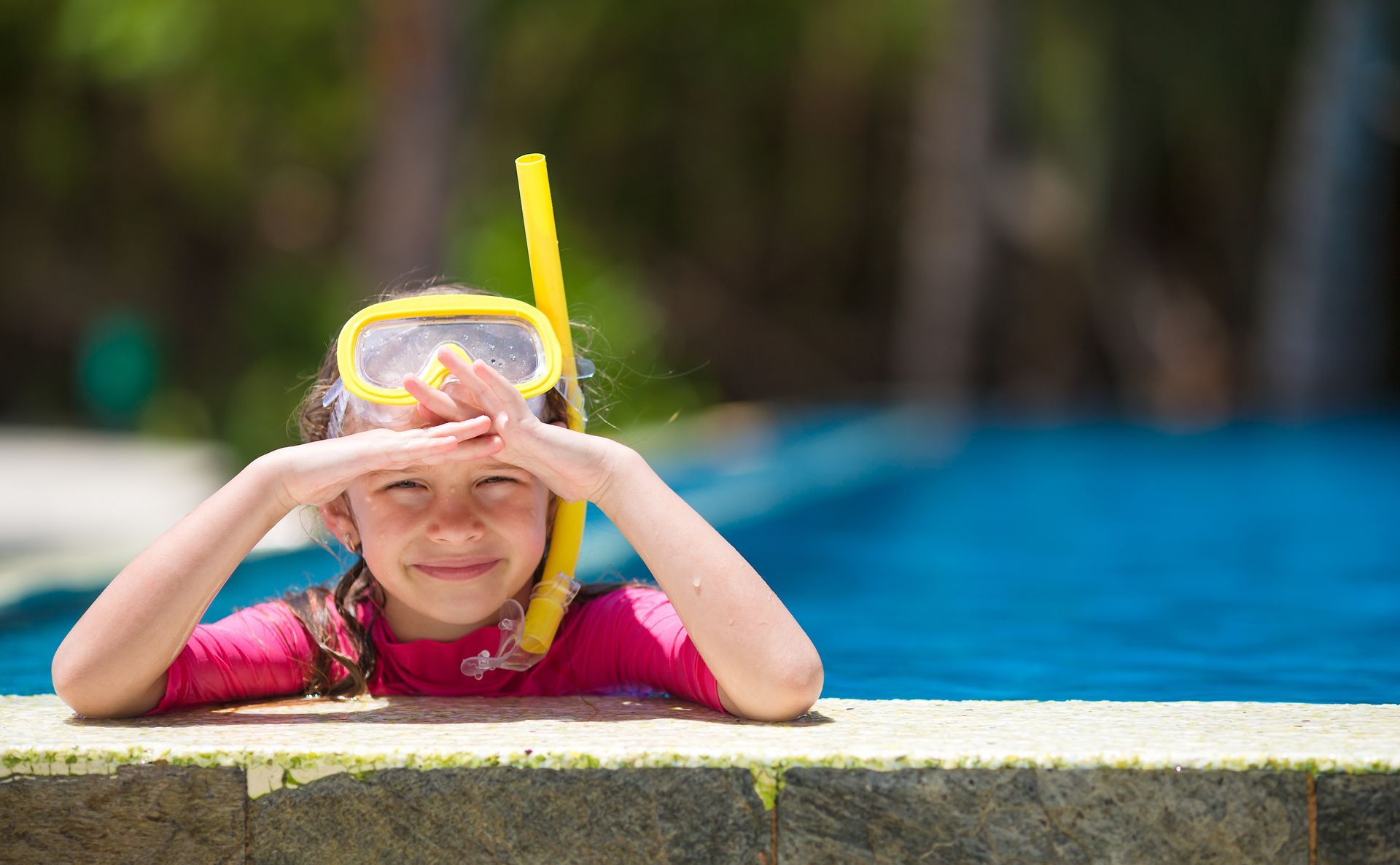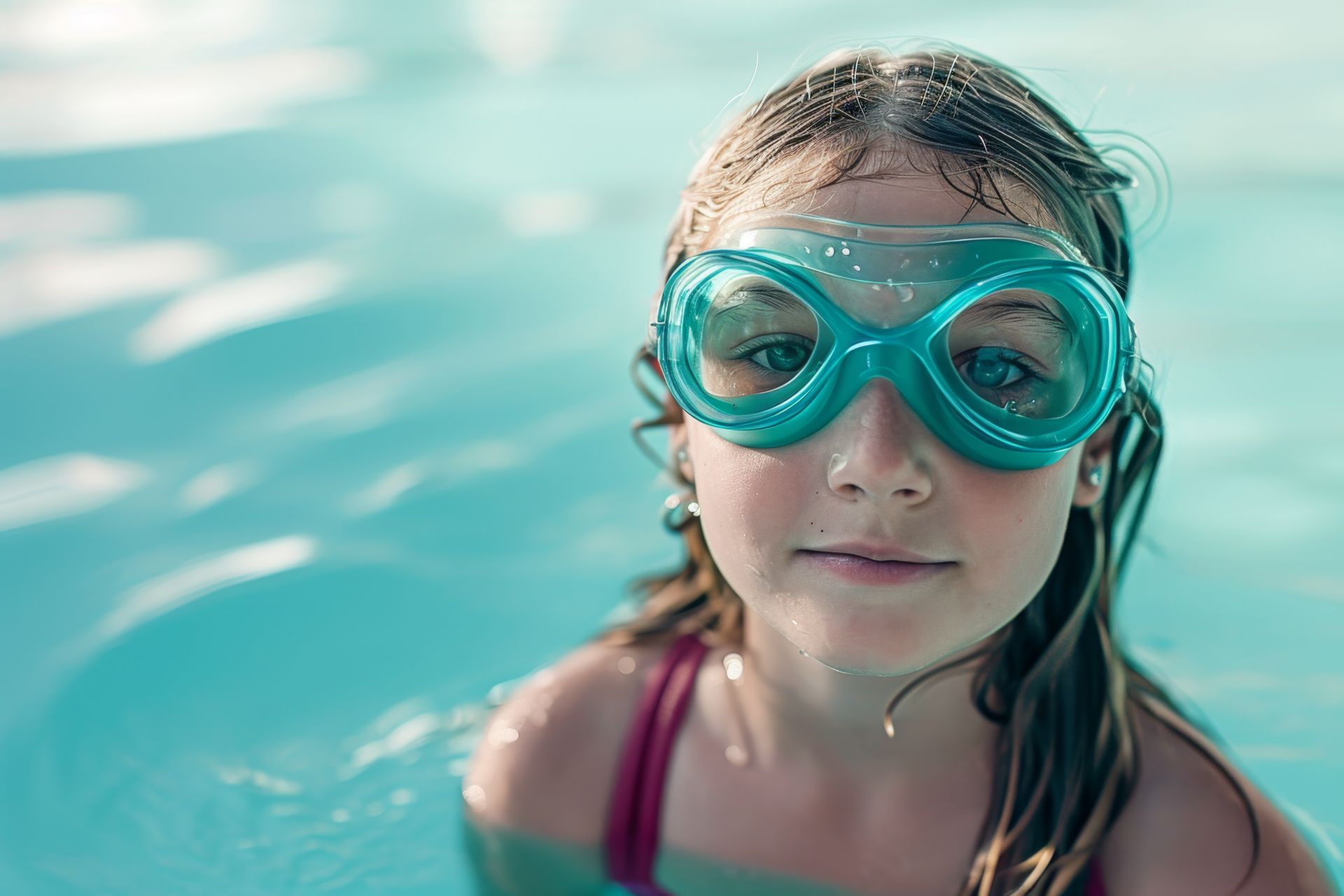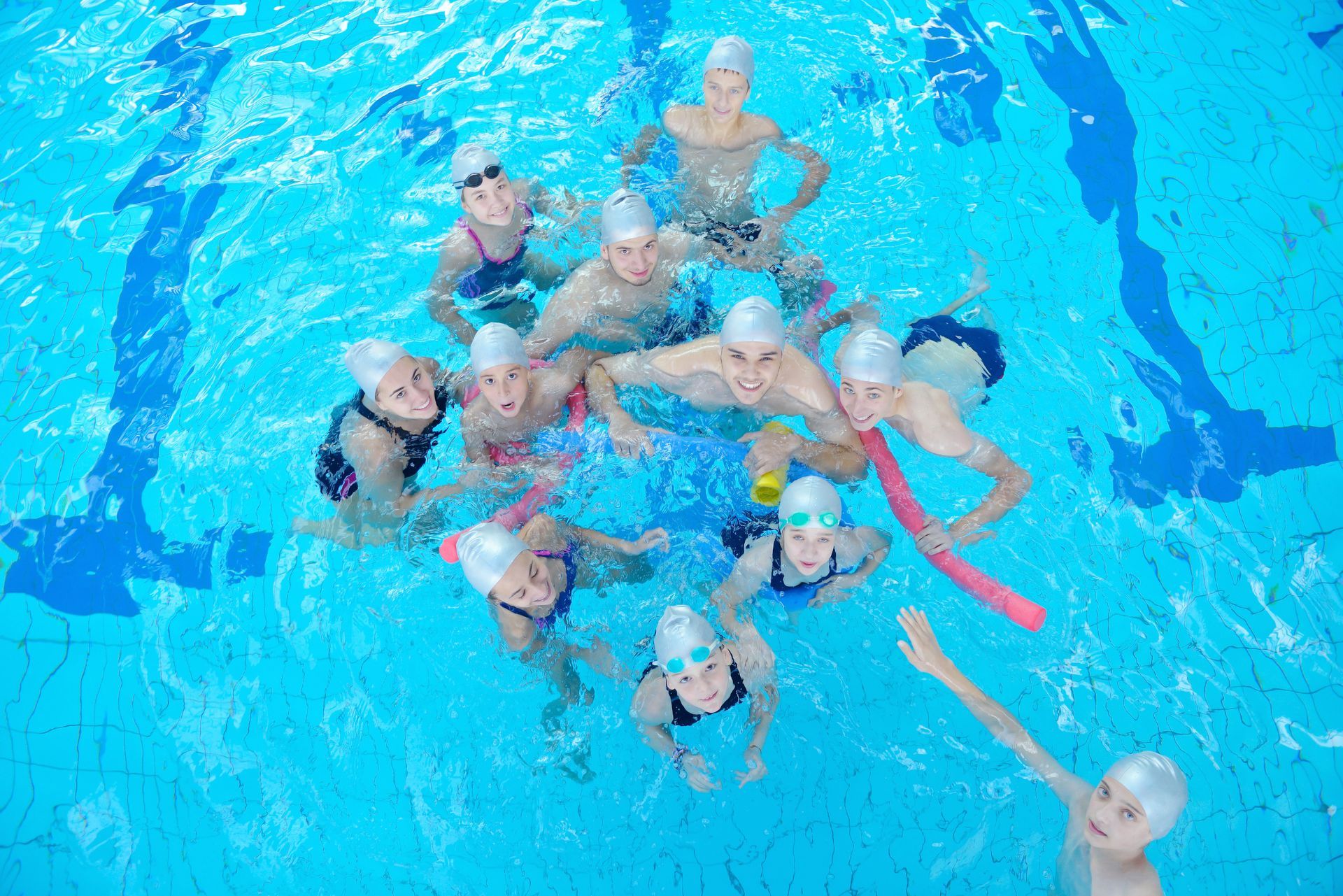SwimJim’s Lessons: Building Kids’ Brains Through Swimming

Swimming is not just a fun activity but also a powerful tool for enhancing a child’s mental capabilities. When kids learn to move through water, they are not only working their muscles but also their brains. This type of physical exercise has been shown to improve cognitive functions, helping young minds to develop more fully. By engaging in swimming lessons, children can experience a unique blend of play and learning that supports their overall growth.
The Cognitive Benefits of Swimming for Children
The connection between physical exercise and cognitive health is an area of growing interest, with swimming being a particularly beneficial activity for brain development. Engaging in regular swimming practice can lead to several cognitive improvements in children . This section outlines how aspects of swimming can nurture children’s mental capacities.
Physical exercises, such as swimming, activate various brain processes that are critical for cognitive growth. Swimming is not simply a matter of moving the arms and legs in water; it engages the whole body, requiring coordination, balance, and spatial awareness. These demands stimulate brain function, which can lead to increased neural connectivity, promoting brain flexibility.
Swimming can significantly enhance a child’s ability to concentrate and focus. This sport demands a high level of attention as children must learn to synchronize their movements, control their breathing, and navigate through water. This ability to concentrate during swimming can transfer to other areas of life, including academic settings, improving a child’s ability to stay on task and absorb information.
Memory retention is another area notably improved by swimming. The rhythmic and repetitive nature of swimming strokes helps in the consolidation of memories. Much like memorizing a poem or a sequence of dance moves, remembering the sequence of strokes and breathing patterns in swimming can reinforce a child’s memory circuits, potentially resulting in better memory recall in educational contexts as well.
There is also evidence to suggest a correlation between regular physical activity, such as swimming, and enhanced academic performance. An active body encourages an active mind; with improved concentration and memory, children are generally better equipped to tackle academic challenges. Regular aerobic exercise increases blood flow to the brain, which is associated with improved executive functions such as planning, organization, and multitasking—skills that are invaluable in academic success.
Last but not least, swimming can contribute to the development of problem-solving skills. When in the water, children are presented with immediate physical challenges that require quick thinking and the application of learned techniques. Whether figuring out how to adjust a stroke to move more efficiently or determining the timing of breaths, these problem-solving activities strengthen children’s cognitive abilities enjoyably and refreshingly.
Swimming offers children an excellent avenue to not only build physical stamina and strength but also to enhance their mental acuity. The mind-body engagement facilitated by swimming is a rich ground for improving concentration, memory retention, academic performance, and problem-solving skills, all of which are essential for overall cognitive development.
Swim Practice Structure and Mental Challenges
Structured swim lessons, such as those offered by SwimJim, provide an environment ripe for mental stimulation and cognitive development . Let’s dive into how a SwimJim lesson is formatted to challenge young minds and the cognitive tasks entailed in each session.
A typical SwimJim lesson begins with a warm-up to acclimate young swimmers to the water and engage their minds. By design, these lessons incorporate a series of progressive tasks that require attention, recall, and critical thinking. As children progress through levels, they encounter increasingly complex swimming techniques and concepts, fostering a continuous cognitive challenge.
During swim practice, children engage in cognitive tasks almost effortlessly. They learn sequences of movements, much like completing a puzzle. This type of learning fosters coordination and the integration of bilateral movement patterns, which are linked to improved reading and writing skills. Children also must pay attention to their instructor’s feedback, process it, and apply it to their movements — a cycle not unlike the process of learning in the classroom.
Sequential learning is a fundamental element of swim practice at SwimJim, resembling the tasks children face in academic settings. As swimmers learn the sequence of a new stroke or turn, they’re developing their short and long-term memory. Following a set of instructions to complete a lap mirrors following steps in mathematical equations, conducting science experiments, or constructing sentences in language studies. The mental discipline acquired during swimming can be transposed to classroom learning, where sequence and structure play pivotal roles in acquiring new knowledge.
Beyond cognitive skills, swimming also bolsters children’s confidence as they conquer new levels and achievement milestones in the water. This confidence has a domino effect, improving self-esteem, which is tightly linked to cognitive function. Children with higher self-esteem are more willing to tackle tough problems and engage in complex learning tasks. The sense of accomplishment a child feels when mastering a swim technique translates to mental agility, as they approach academic tasks with the same can-do attitude.
The structured nature of swimming lessons at establishments like SwimJim ensures that children are not only learning to swim but are also engaging in mentally challenging activities that will serve them well beyond the pool. By achieving swim milestones, children’s cognitive and emotional capacities are expanded, providing them with tools to tackle both water-based and academic challenges.
How SwimJim Fosters Cognitive Skill Development
At SwimJim, the approach to swimming is not solely about the physical act of swimming but intertwines cognitive skill development seamlessly into every lesson. Understanding that each child is unique, SwimJim offers tailored programs to suit various ages and skill levels. Beginners focus on basic skills and safety, paving the way for more complex cognitive tasks as they advance. The progression through different swim levels offers a gradual cognitive ramp-up, matching the child’s developing mental abilities with their physical growth.
Water safety education is a critical component of SwimJim’s curriculum, combining physical skills with knowledge that requires comprehension, retention, and quick thinking. Teaching a child the principles of water safety extends beyond mere instructions; it encourages the development of situational awareness and critical thinking skills. Children learn to assess their environment, understand potential risks, and react appropriately, which are cognitive processes applicable in many aspects of life .
The one-on-one and small group formats of SwimJim lessons nurture close instructor-student interactions. Each interaction is an opportunity to challenge a child’s cognition, be it through asking questions to stimulate cognitive recall or offering puzzles and problems that need solving during swim sessions. Instructors are trained to engage children’s minds as well as their bodies, promoting an environment where learning is interactive, dynamic, and mentally stimulating.
Case studies and testimonials from parents and children who attend SwimJim attest to the cognitive benefits they observe. Parents have reported improvements in their children’s attention spans, problem-solving abilities, and overall academic performance since starting swim lessons. While these observations are anecdotal, they align with the broader body of research that supports the positive impact of structured physical activity on cognitive development.
The link between achieving swim milestones and cognitive benefits is palpable. Each new skill mastered, from floating independently to completing a perfect dive, boosts a child’s self-esteem, encouraging mental resilience and the courage to tackle complex tasks. These achievements translate into a bolstered self-image, positive academic behaviors, and a willingness to engage in explorative and inventive thinking.
SwimJim’s strategy for cognitive development is multifaceted, understanding that the mind and body are interlinked. It stands as a testament to the power of structured physical activity in fostering not just a healthy body but also a sharp mind. Through focused swim instruction and the integration of cognitive challenges, SwimJim successfully cultivates smarter, more confident, and goal-oriented kids, ready to take on the waves of opportunity that lie ahead.
Ready to dive into enhancing your child’s cognitive skills while they master the art of swimming? Explore SwimJim’s tailored swim programs today and witness the transformative power of structured swim lessons.
The post SwimJim’s Lessons: Building Kids’ Brains Through Swimming appeared first on Swim Jim.







